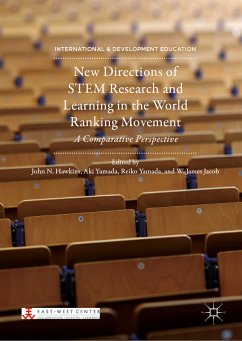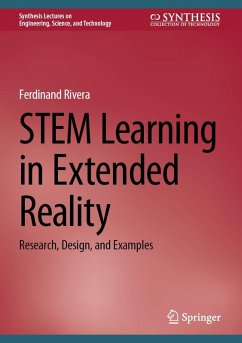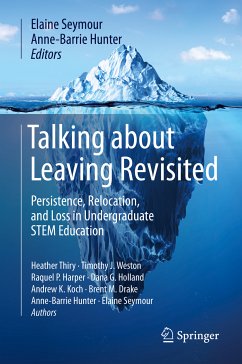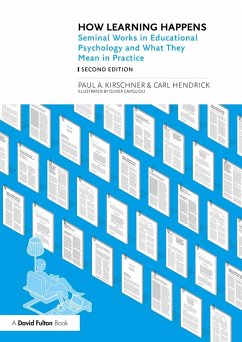
Visualizing Mathematics (eBook, PDF)
The Role of Spatial Reasoning in Mathematical Thought
Redaktion: Mix, Kelly S.; Battista, Michael T.
Versandkostenfrei!
Sofort per Download lieferbar
128,95 €
inkl. MwSt.
Weitere Ausgaben:

PAYBACK Punkte
64 °P sammeln!
Bridges two fields by including authors from psychology and education
Appeals to the growing interest among psychologists, education scholars, and mathematics educators in the convergence of psychology and education
Features cross-field commentaries for each section
Dieser Download kann aus rechtlichen Gründen nur mit Rechnungsadresse in A, B, BG, CY, CZ, D, DK, EW, E, FIN, F, GR, HR, H, IRL, I, LT, L, LR, M, NL, PL, P, R, S, SLO, SK ausgeliefert werden.












